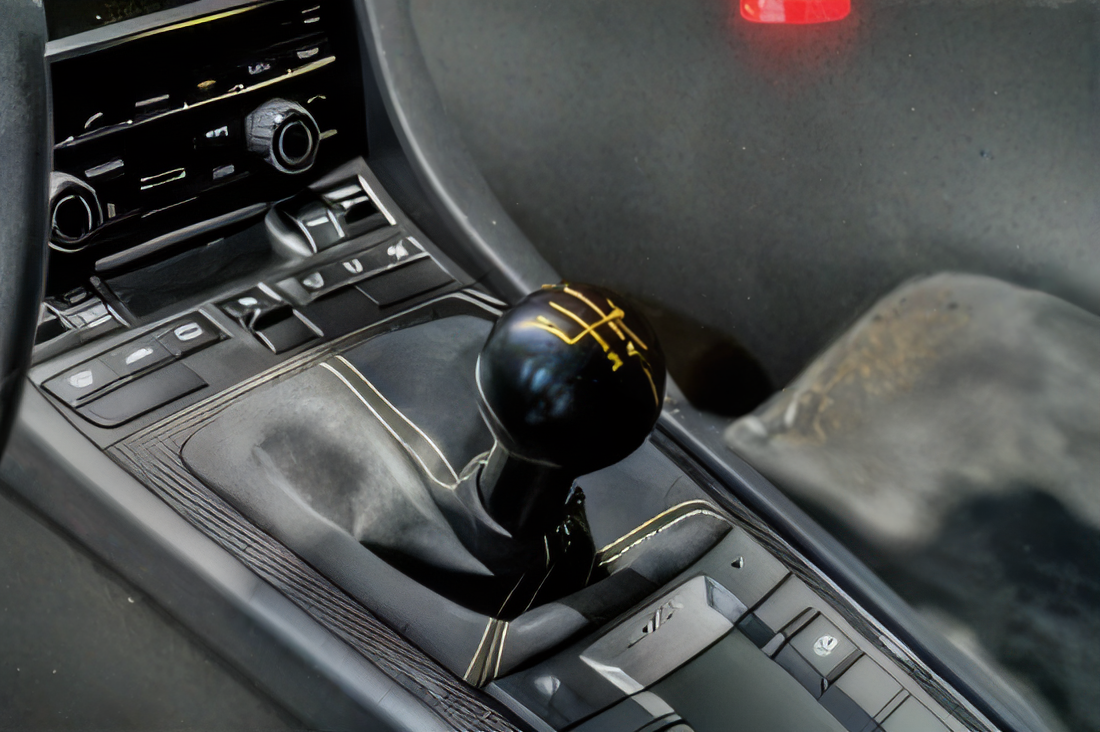Ferdinand Porsche: The Visionary Engineer Behind the Automobile Revolution
November 14, 2024

Ferdinand Porsche, a name synonymous with innovation and engineering excellence, is a pivotal figure in the history of the automotive industry. Often recognized as the mastermind behind some of the most iconic cars of the 20th century, his legacy extends beyond the creation of high-performance vehicles; it also encompasses a significant influence on automotive design, technology, and manufacturing processes. In this blog post, we will explore the life, achievements, and lasting impact of Ferdinand Porsche on the automotive world.
Early Life and Education

Ferdinand Anton Ernst Porsche was born on September 3, 1875, in Maffersdorf, a small town in what is now the Czech Republic. From a young age, he exhibited a profound interest in mechanics and engineering. After completing his technical education, he began his career in the automotive industry at the age of 18 as an engineer with the renowned company, Béla Egger Electric Company.
At Béla Egger, Porsche honed his skills in electrical engineering and met many influential figures. His groundbreaking work during this period laid the foundation for his future achievements, as he designed and built several unique vehicles based on internal combustion engines.
The Creation of Porsche
In 1931, Ferdinand Porsche founded his own engineering consultancy, Dr. Ing. h.c. Ferdinand Porsche GmbH, in Stuttgart, Germany. The company initially focused on providing vehicle development and consulting services, working with a variety of automotive manufacturers. Porsche’s expertise quickly earned him recognition, leading to collaborations with various car makers.
One of the pivotal moments in Porsche’s career was his involvement in the development of the Volkswagen Beetle. Commissioned by Adolf Hitler in 1934, the project aimed to create an affordable, reliable car for the general public. Porsche was tasked with designing a “people’s car,” and his vision led to the birth of the VW Beetle. This car would go on to become one of the best-selling vehicles in history, a testament to Porsche’s engineering genius.
Innovations and Contributions
Ferdinand Porsche’s contributions to the automotive industry transcend the creation of singular models. His work is marked by numerous engineering advancements that shaped the direction of car manufacturing and design.
- Engine Design: One of Porsche’s notable innovations was the development of a lightweight, air-cooled flat-four engine for the VW Beetle. This design became a standard in the industry and was pivotal in enhancing the performance and efficiency of vehicles.
- Pioneering All-Wheel Drive: Porsche was also among the early advocates of all-wheel-drive systems. His designs incorporated four-wheel drive in both sports and passenger vehicles, enhancing performance and traction.
- Racing Heritage: Porsche’s passion for racing played a significant role in the brand’s identity. His cars, designed for both speed and stability, dominated races, including the famous 24 Hours of Le Mans. This racing pedigree not only solidified Porsche’s reputation but also influenced the design and engineering of commercial vehicles.
- The Porsche 356: After World War II, Ferdinand’s son, Ferdinand “Ferry” Porsche, created the Porsche 356 in 1948. This sports car, built in Gmünd, Austria, became the first car to bear the Porsche name. Combining Ferdinand’s engineering principles with Ferrari-like aesthetics, the 356 set the foundation for the company’s future success.
The Legacy of Ferdinand Porsche
Ferdinand Porsche passed away on January 30, 1951, leaving behind a profound and lasting legacy in the automotive world. His contributions have influenced generations of engineers, designers, and automotive enthusiasts. The company he founded, Porsche AG, has grown into one of the most respected sports car manufacturers globally, synonymous with quality, performance, and luxury.
Moreover, Porsche’s design philosophy and engineering techniques continue to play a crucial role in modern automotive technology. The principles he established regarding aerodynamics, weight distribution, and engine performance remain relevant in today’s automotive engineering landscape.
Conclusion
Ferdinand Porsche’s life and work exemplify the spirit of innovation that characterizes the automobile industry. His ability to envision and create vehicles that transcended their time has left an indelible mark on the industry and culture. From the humble beginnings of the VW Beetle to the powerful machines produced by today’s Porsche AG, Ferdinand Porsche’s legacy continues to inspire both car enthusiasts and engineers alike.
As we look back on the advancements that paved the way for modern automobiles, it is essential to recognize the contributions of visionaries like Ferdinand Porsche, whose relentless pursuit of excellence has transformed the way we experience mobility. His journey is a powerful reminder that innovation and passion can drive entire industries and shape the future of transportation.